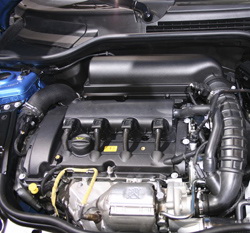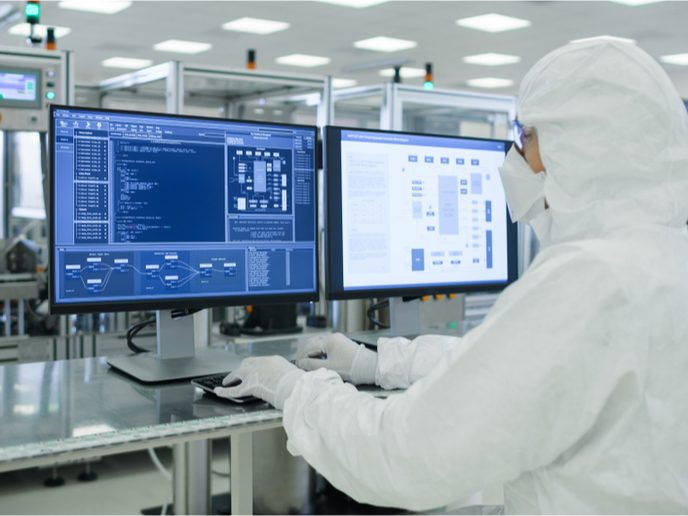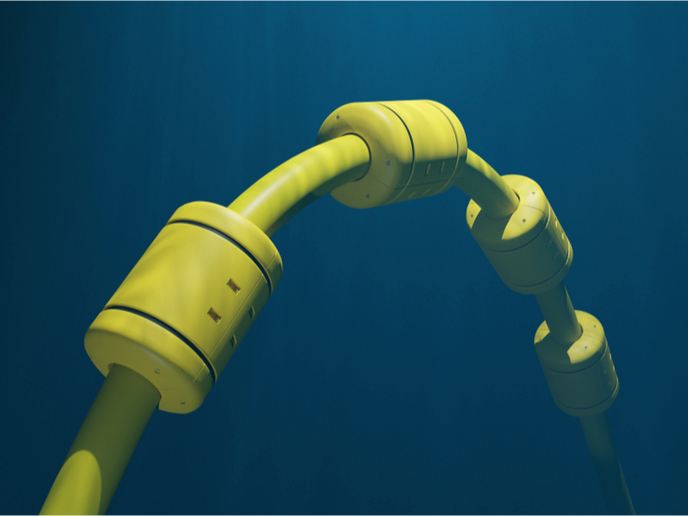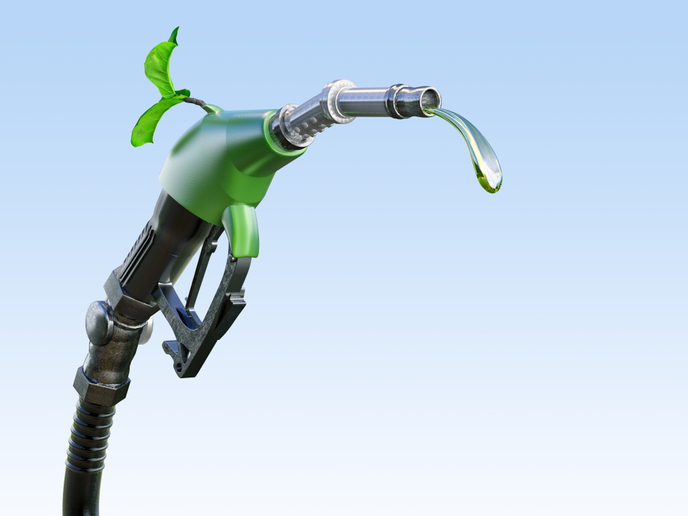Redesigning vehicle engines
Good diesel engines have long been considered more efficient than ones that run on gasoline, but there are still long-term worries about diesel emissions. Based on cutting-edge direct injection (DI) diesel engine technology, the EU-funded project 'New integrated combustion system for future passenger car engines' (NICE) developed novel combustion systems for other fuels as well. These included gasoline, compressed natural gas (CNG), synthetic biomass-based fuels and biogenic fuels, which in theory can achieve excellent fuel conversion efficiency with very low emissions. NICE worked on the convergence of several components and technologies like turbo-charging or DI, as well as DI and variable valve trains to achieve its aims. While biofuels and CNG boast low carbon dioxide (CO2) emissions, the project needed to work on the same for diesel engines. It therefore experimented on an enlarged homogeneous charge compression ignition (HCCI) diesel combustion process, which showed significant potential for success. In parallel, NICE worked on both diesel-type compression-ignited and spark-ignited variable engines to increase fuel conversion efficiency and run on biofuels or bio-blend fuels. Another challenge that the project team took up was testing future CNG internal combustion engines (ICEs). These optimised mono-fuel natural gas engines could lessen fuel consumption and emissions. An important part of the project involved the development of computational fluid dynamics (CFD) tools and modelling to support more advanced development of novel combustion processes. Overall, the project found that several different engine technologies will be required in the future. Gasoline engines will see much improvement thanks to turbo-charging plus downsizing from 2 litres to 1.4 litres, yielding a 15 % reduction in fuel consumption. Many other high-tech advances in combination, such as turbo-charging, DI and lean operation, may also be able to realise fuel economies of 20 % over today's latest technology. Importantly, NICE concluded that any further increase in engine efficiency can only be achieved by a very expensive overall hybridisation roll-out, which may not be feasible at this point. In addition, while the project's results are impressive, they may not be able to fulfil the currently discussed carbon dioxide (CO2) emission demands in total. Nonetheless, NICE has furthered the technology considerably in partnership with many car manufacturers, and the outcome is likely to be better cars over the coming years.







